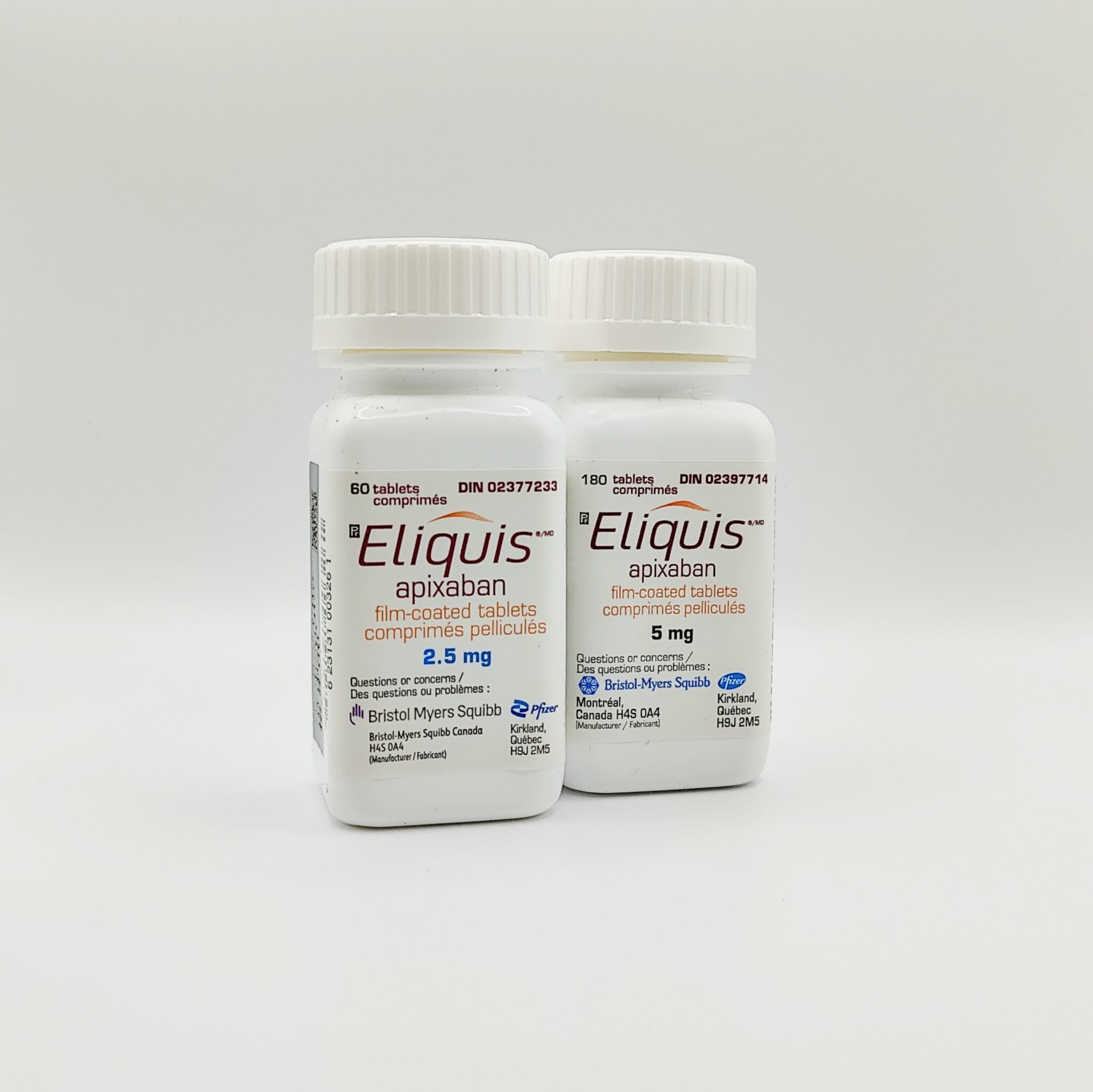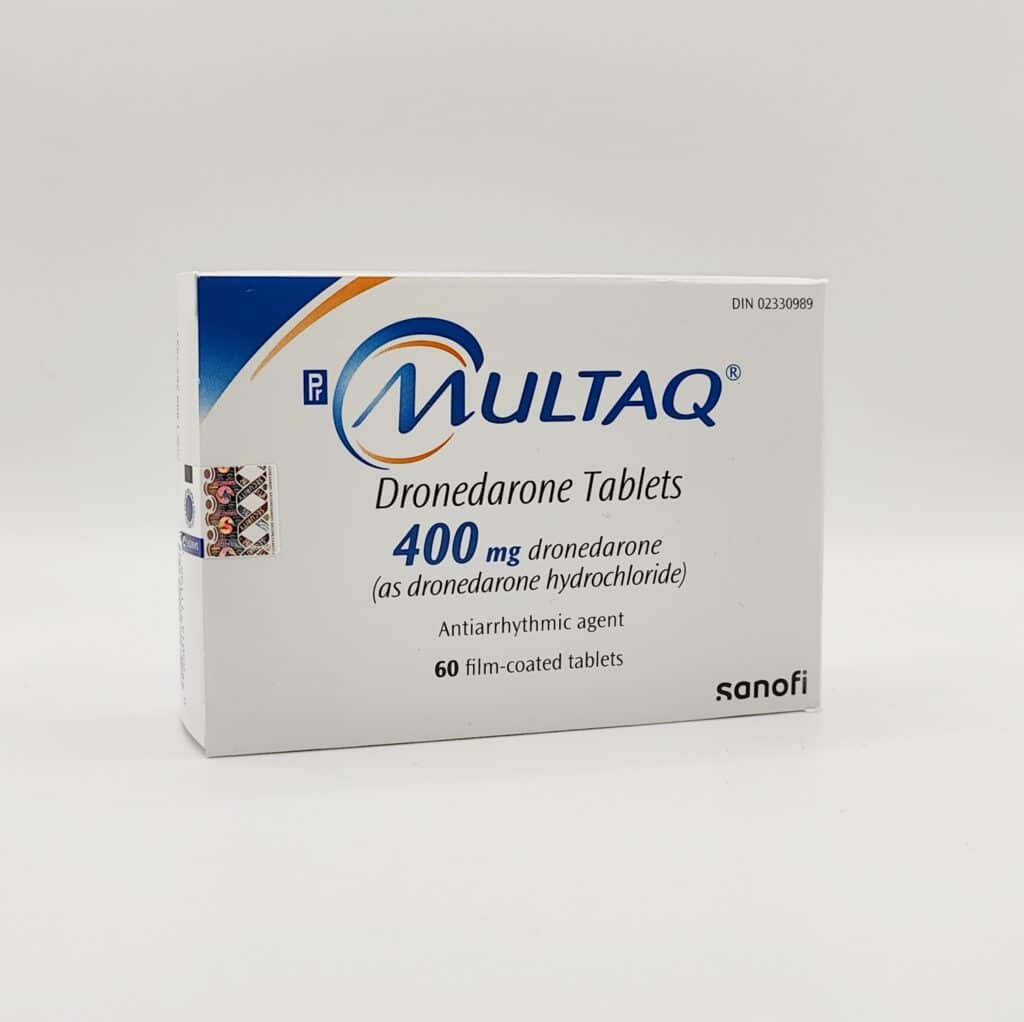Medications You Shouldn’t Mix with Grapefruit Juice: Understanding the Risks and Solutions
Medications You Shouldn’t Mix with Grapefruit Juice: Understanding the Risks and Solutions
- Jason K
Grapefruit juice is a healthy beverage, rich in vitamins and antioxidants. However, it can pose serious risks when consumed alongside certain medications. Some drugs interact negatively with grapefruit due to its ability to inhibit enzymes in the liver and intestines, leading to dangerously high drug levels in the bloodstream. Among the medications most affected are Eliquis (apixaban), Xarelto (rivaroxaban), Multaq (dronedarone), Lipitor (atorvastatin), and Gleevec (imatinib).
This article explains how grapefruit juice interacts with these medications, the potential side effects, and how to safely manage your treatment.
How Grapefruit Juice Affects Medications
The primary issue lies with an enzyme called CYP3A4, found in the liver and intestines. This enzyme helps metabolize many medications, ensuring they are broken down and processed at safe levels. Grapefruit juice contains compounds called furanocoumarins that block CYP3A4. This blockage slows the breakdown of medications, causing higher-than-expected levels of the drug in the bloodstream.
Medications Affected by Grapefruit Juice
1. Eliquis (Apixaban)
- What It’s For: A blood thinner used to prevent strokes and blood clots in patients with atrial fibrillation or deep vein thrombosis (DVT). It works by reducing the blood’s ability to clot, lowering the risk of life-threatening complications like stroke or pulmonary embolism.
- Interaction Risk: Grapefruit juice can increase Eliquis levels in the bloodstream by inhibiting its metabolism. This heightened concentration may significantly raise the risk of excessive bleeding, including internal bleeding, which can be dangerous if unnoticed.
- What to Do: Avoid grapefruit juice entirely while taking Eliquis, as even small amounts can pose risks. If you accidentally consume grapefruit, monitor for warning signs of bleeding, such as unusual bruising, blood in stools or urine, prolonged bleeding from minor cuts, or nosebleeds. Additionally, contact your doctor immediately if you experience symptoms like severe headache, dizziness, or weakness, which could indicate internal bleeding.
2. Xarelto (Rivaroxaban)
- What It’s For: Another anticoagulant used for stroke prevention and the treatment of blood clots.
- Interaction Risk: Like Eliquis, grapefruit juice can lead to increased blood levels of Xarelto, heightening the risk of serious bleeding events.
- What to Do: Avoid grapefruit juice and discuss with your doctor if you have any concerns about dietary restrictions. Watch for signs of bleeding or dizziness, which may indicate an adverse effect.
3. Gleevec (Imatinib)
- What It’s For: A targeted cancer therapy used to treat leukemia and other cancers.
- Interaction Risk: Grapefruit juice can elevate levels of Gleevec, potentially increasing side effects like nausea, vomiting, liver toxicity, or immune suppression.
- What to Do: Avoid grapefruit juice entirely while taking Gleevec. Stick to other fruits that do not interact with the medication, such as apples, bananas, or berries.
4. Lipitor (Atorvastatin)
- What It’s For: A cholesterol-lowering medication (statin) used to reduce the risk of heart attack and stroke.
- Interaction Risk: Grapefruit juice can increase Lipitor levels in the blood, raising the likelihood of side effects like muscle pain, liver damage, or a serious condition called rhabdomyolysis.
- What to Do: Avoid large quantities of grapefruit juice. Some doctors may allow occasional small servings but discuss this with your healthcare provider. Report muscle weakness, dark urine, or jaundice to your doctor immediately.
5. Multaq (Dronedarone)
- What It’s For: A medication used to manage heart rhythm disorders such as atrial fibrillation.
- Interaction Risk: Grapefruit juice can cause a significant increase in Multaq levels, leading to potentially dangerous heart rhythm disturbances or liver toxicity.
- What to Do: Strictly avoid grapefruit juice. If you inadvertently consume it, contact your doctor if you notice symptoms such as irregular heartbeats, chest pain, or severe fatigue.
Practical Tips to Avoid Grapefruit Interactions
If you’re taking any of these medications, here’s how to safely manage your diet:
1. Read Labels and Ask Questions:
- Check food labels for grapefruit-derived ingredients in juices, sodas, or flavored snacks.
- If unsure, ask your pharmacist or doctor for guidance.
2. Choose Alternative Fruits:
- Opt for non-interacting fruits such as oranges (without Seville orange), apples, pears, or grapes.
3. Time Your Medication Correctly:
- In some cases, separating grapefruit consumption and medication by several hours may reduce interaction risks, but this is not always reliable. Consult your doctor first.
4. Monitor for Side Effects:
- Be vigilant about unusual symptoms like bruising, dizziness, muscle pain, or fatigue, as these may indicate heightened drug levels.
5. Communicate with Your Healthcare Team:
- Always inform your doctor about your diet and any accidental consumption of grapefruit juice. They can adjust your dosage or recommend alternative medications if needed.
FAQs
1. Is it safe to eat grapefruit if I’m taking one of these medications?
Generally, it’s best to avoid grapefruit and grapefruit juice entirely if your medication interacts with it. Even small amounts can cause significant effects in some cases.
2. Are other citrus fruits safe?
Most citrus fruits, like lemons, limes, and regular oranges, do not contain the compounds that interact with CYP3A4. However, Seville oranges (used in marmalade) and pomelos may pose similar risks.
3. How long after consuming grapefruit juice does the interaction last?
The effects of grapefruit on CYP3A4 can last for up to 72 hours. This means even sporadic consumption can interfere with your medication.
4. Are there alternatives to these medications if I want to consume grapefruit?
In some cases, your doctor may recommend an alternative medication that is not affected by grapefruit. Always discuss this with your healthcare provider before making changes.
Conclusion
Grapefruit juice is a healthy choice for many, but it’s essential to understand its potential to interact with medications like Eliquis, Xarelto, Multaq, Lipitor, and Gleevec. These interactions can lead to severe side effects, including excessive bleeding, heart rhythm disturbances, or liver toxicity. By avoiding grapefruit juice, monitoring for symptoms, and staying in close communication with your healthcare team, you can safely manage your treatment and maintain your health.
Reference:


